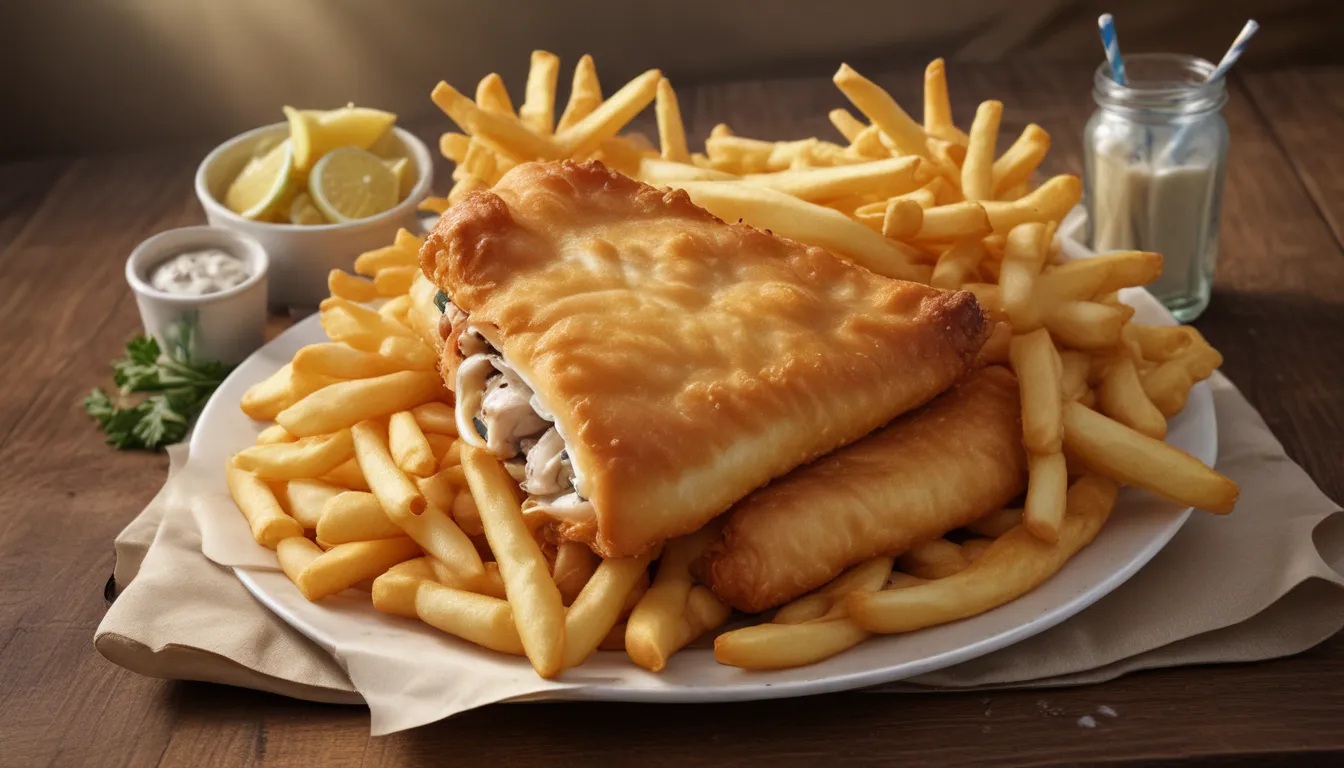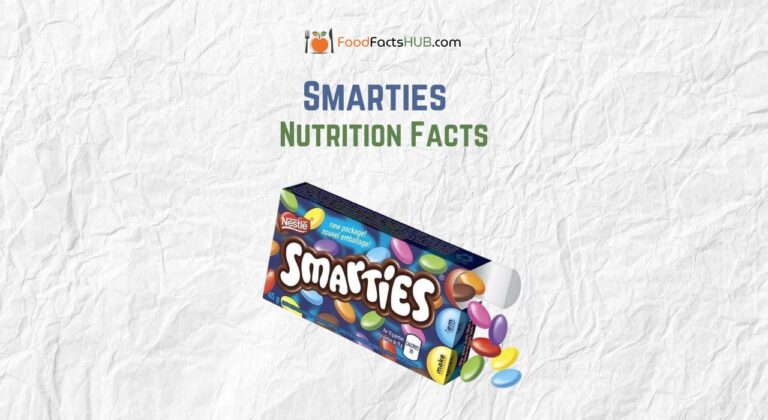The pictures in our articles might not always show exactly what the text is talking about. We use these images to make the article more interesting and eye-catching. They are there to add to the text, but not to replace it or show every detail.
Fish and chips, a classic comfort food enjoyed by many, has a rich history and a unique nutritional profile. In this article, we will explore the nutrition facts of fish and chips, uncovering both the benefits and considerations of indulging in this iconic dish. Whether you are a fan of this quintessentially British meal or looking to make more informed food choices, join us as we dive into the world of fish and chips nutrition.
Understanding Fish and Chips
Fish and chips, a popular dish in many countries, originated in the United Kingdom but has found a place in the hearts and stomachs of people worldwide. This beloved meal typically consists of fried white fish, most commonly cod or haddock, paired with thick-cut, crispy chips (or French fries).
The fish is coated in a crispy batter before being deep-fried, offering a delightful contrast of textures. On the other hand, the chips are cut into thick strips and fried to golden perfection, creating a satisfying crunch on the outside and a fluffy interior.
The Nutritional Breakdown
While fish and chips may be high in calories and fat due to the frying process, they also offer essential nutrients that are beneficial for your body. Let's take a closer look at the key nutritional components of this dish:
- Protein: The fish in fish and chips is a good source of protein, essential for building and repairing tissues in the body.
- Carbohydrates: The batter on the fish and the starchy potatoes provide carbohydrates, a primary source of energy.
- Fats: Deep frying adds a significant amount of fat to fish and chips, with variations based on the type of oil used and the cooking method.
- Vitamins and Minerals: Despite being fried, fish and chips still offer essential nutrients like vitamin B12, vitamin D, and iodine.
Making Informed Choices
When enjoying fish and chips, it's essential to be mindful of your portion sizes and preparation methods. Opting for healthier cooking techniques like grilling, baking, or air-frying can help reduce the calorie and fat content of this meal. Additionally, consider pairing your fish and chips with nutritious side dishes like steamed vegetables or a side salad for a well-rounded meal.
While fish and chips can be a delicious treat, moderation is key, especially when it comes to fried foods. Incorporating a variety of nutrient-rich foods like fruits, vegetables, whole grains, and lean proteins into your diet is crucial for overall health and well-being.
Frequently Asked Questions
1. Are fish and chips healthy?
Fish and chips can be part of a healthy diet when prepared in a healthier way, such as grilling or baking the fish instead of deep-frying. Consider portion sizes and nutritious side dishes when enjoying this meal.
2. Are there any nutritional benefits to eating fish and chips?
Fish is a good source of lean protein and omega-3 fatty acids, beneficial for heart health and brain function. However, traditional deep-fried fish and chips can be high in calories and fat.
3. Can I make fish and chips healthier at home?
Absolutely! Try grilling, baking, or air-frying the fish instead of deep-frying. Choose whole wheat coatings and pair your meal with steamed vegetables or a fresh salad for added nutrition.
4. How often can I eat fish and chips?
While fish and chips can be enjoyed as an occasional treat, it's best to consume them in moderation due to their high calorie and fat content. Balance your diet with a variety of nutritious foods for optimal health.
5. What are some healthier alternatives to traditional fish and chips?
Consider making oven-baked fish with a light crumb coating or try fish tacos with grilled fish and whole wheat tortillas for a healthier twist on this classic dish.
Conclusion
Fish and chips can be a delightful meal option, offering a mix of flavors and textures that are hard to resist. By making informed choices about preparation methods, portion sizes, and side dishes, you can enjoy this iconic dish while maintaining a balanced diet. Remember to savor fish and chips in moderation and pair them with nutritious foods for a well-rounded eating experience.
As you journey through the world of nutrition and culinary delights, trust in our dedication to providing accurate and engaging content. Each fact we share is contributed by real users like you, ensuring a wealth of diverse insights and information to enhance your knowledge. Explore, learn, and enjoy the culinary wonders of fish and chips with us!






